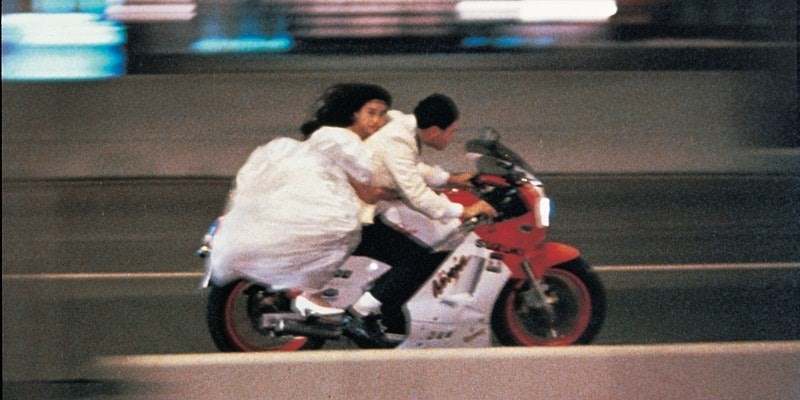Films from Hong Kong, Japan, South Korea and Taiwan will be screening in the UK over the next few weeks – and you might have to trek a few thousand miles to catch them on the big screen again
The BFI London Film Festival came to a close on October 17 with the UK premiere of Joel Coen’s The Tragedy of Macbeth. It was the final film of a two-week event that also saw new works from Edgar Wright, Wes Anderson, Paul Verhoeven and Jane Campion hit UK screens for the first time. Missed out on the buzzy headline features? Don’t worry too much – the likes of The French Dispatch and Last Night in Soho are certain to hit Odeons and Everymans in the months ahead. But the same can’t be assumed of the plethora of incredible works from East Asia that are also bound for UK film festivals in coming weeks.
Launching its sixth edition in Leicester Square today (October 21), London East Asia Film Festival (LEAFF) will comprise works from all across the continent in a ten-day programme that blends blockbuster action with intricate independent productions. Days later, on October 25, the second edition of Taiwan Film Festival Edinburgh combines an in-person event in Glasgow and Edinburgh with a wealth of free online screenings. The curation spans decades of Taiwanese cinema, charting a broad history of one of the most distinctive non-Western film industries in the world today.
These two events, equal in their passion for the blooming cinemas of the East, offer a caché of works from territories that are currently undergoing tumultuous political and creative transformations – and lighting up global film ceremonies in the process. There’s no guarantee that there’ll be another opportunity to indulge in these works again any time soon in the UK, and that’s precisely what makes these events so exciting.
Four leading Eastern film industries form a crux of the programming across the two festivals. Check out highlights from Hong Kong, Taiwan, South Korea and Japan below, and miss them your peril – you might have to trek a few thousand miles to catch them on the big screen again.
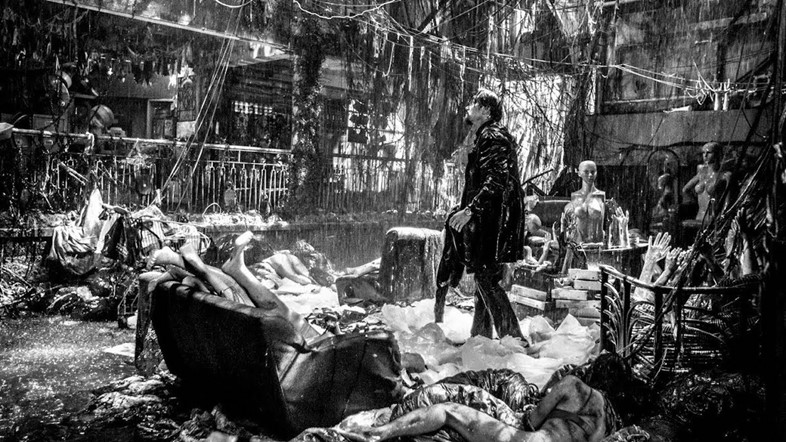
Hong Kong
Once world-renowned for its vigorous and dynamic film industry, Hong Kong now faces an uncertain future. Strict new censorship laws under the name of “national security” were announced in June this year, with Beijing now moving to take the unprecedented step of re-censoring previously approved films from Hong Kong’s storied cinematic history.
LEAFF’s ‘Hong Kong Focus’ section is therefore of great significance – and this year’s curation highlights Hong Kong’s enduring capability of excellence even on the cusp of a major metamorphosis. One highlight is Limbo, which concerns the hunt for a serial killer known for severing the hands of his victims in the junk-ridden sin city of near-future Hong Kong. Rain-drenched and monochrome, the film visually recalls the works of Japanese cyberpunk pioneer Shinya Tsukamoto, while also baring parallels to the 90s Hollywood neo-noir classic Seven. It opened at Berlin Film Festival earlier this year, and receives its UK premiere on October 23.
Further afield, two films from director Benny Chan, who passed away from cancer in 2020 at the age of 58, stand out. The Hong Kong filmmaker’s final film Raging Fire – an explosive crime drama starring Donnie Yen (Ip Man; Rogue One: a Star Wars Story), which has grossed a staggering $213 million since premiering in Hong Kong and China this summer – serves as the festival’s action-packed Opening Gala. Chan’s 1990 directorial debut A Moment of Romance, meanwhile, is the thrilling and romantic story of a heartthrob getaway driver (played by Andy Lau, star of Infernal Affairs and several works by Wong Kar-wai) and his hostage, who fall in love while on the run after a bank heist goes awry.
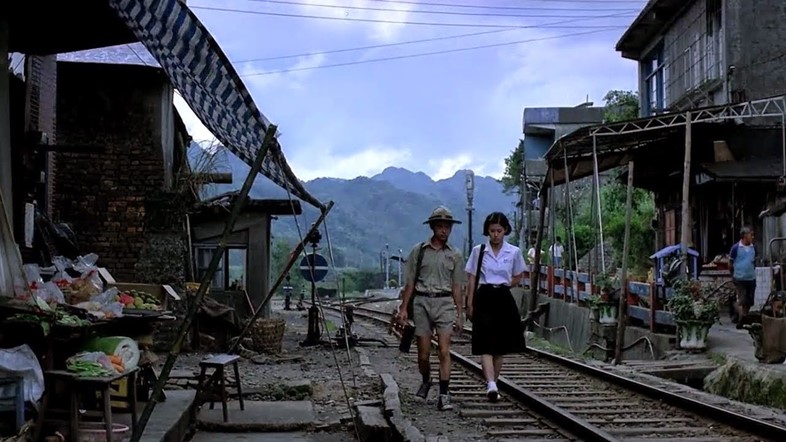
Taiwan
Recent headlines concerning Taiwan’s precarious relationship with China allude to a potentially disruptive future for the de facto island state. But Taiwan’s film industry, nonetheless, has proven a force of strength in recent years – finding success on the Mainland and further afield. The New Taiwanese Cinema movement of the 80s and early 90s, meanwhile, remains as visually sumptuous today as it did then.
Highlights of the Taiwan Film Festival include the 1986 Hou Hsiao-hsien drama Dust In The Wind, which showcases the director’s famously resplendent cinematography. In a hypnotic opening, a train traverses verdant green countryside to reach a ramshackle mountain village marked by flecked red paints and rusted metal and stone, setting a beautiful benchmark for the subtle drama that unfolds thereon.
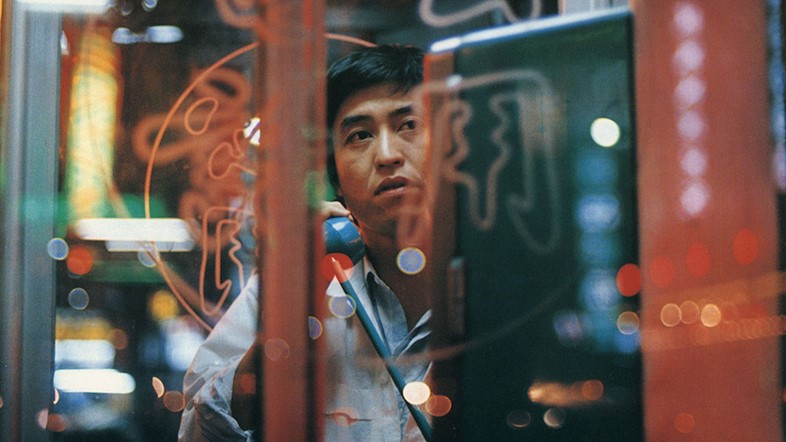
The renowned director also stars in Edward Yang’s 1985 classic Taipei Story (which screens online via Taiwan Film Festival and at the Cinema at Selfridges in London via LEAFF the same week), the story of a couple striving for happiness but struggling to make ends meet in a rapidly-changing Taipei. It’s a poignant and aesthetically masterful feature from the year 2000 Cannes Best Director winner that is rightfully regarded as a milestone of the Taiwanese New Wave. Elsewhere, documentaries like Whale Island and Sacred Forest offer a contemporary look at the unique natural environments of the island nation.
There are further Taiwanese highlights at LEAFF. In 2019, Chung Mong-hong’s two-and-a-half-hour drama A Sun – a tragic and brutal tale of opportunity and redemption about a hoodlum and his family – made the 15-film shortlist for Best International Feature Film at the Academy Awards. In 2021, the director’s follow-up The Falls shifts the focus to a mother and daughter who are forced to quarantine together in a claustrophobic apartment during the Covid-19 pandemic. Since premiering at Venice in September, it’s now been put forward as the country’s official submission for Best International Film at the Oscars in 2022.
Psychological drama The Silent Forest, meanwhile, arrives at Covent Garden Odeon on Halloween for LEAFF after receiving eight award nominations at the Golden Horse Film Festival in 2020. Ko Chen-Nien’s sobering debut feature was inspired by a real-life sexual abuse scandal involving hundreds of hearing-impaired students and their teachers at the National Tainan Special School in 2011.
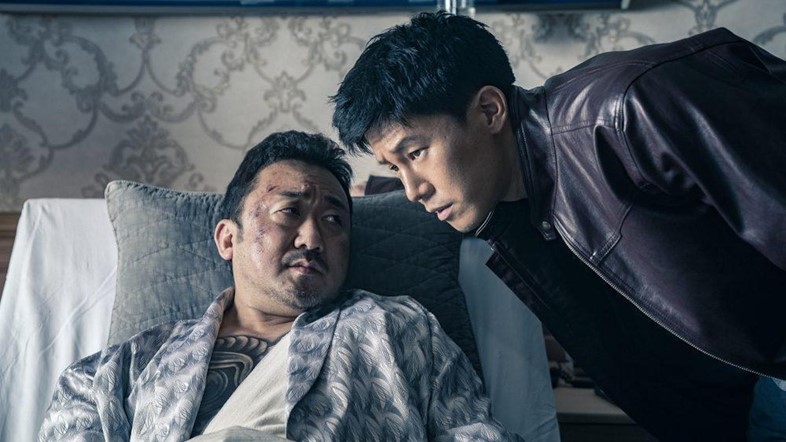
South Korea
LEAFF’s Closing Gala also takes place on Halloween with Spiritwalker, a high-concept South Korean thriller about a man stuck in a seemingly eternal cycle of body-swapping. After waking up at the scene of a car crash to find that he has been shot, the amnesia-suffering lead quickly discovers that his conscience will enter a new physical host every 12 hours – leading to chaos as he searches for his true identity and the shady pharmaceutical firm behind his predicament.
Min Kyu-dong’s The Prayer, meanwhile, is a slice of Korean science fiction. In the future, a bedridden mother is cared for by a nursing android who resembles her daughter, Jung-In – but when the real Jung-In begins to exhibit signs of depression, the robot’s meticulous programming begins to malfunction. The director adapted the feature from a 2018 episode of the TV series SF8 – widely regarded as South Korea’s answer to Black Mirror. His previous credits notably include Memento Mori, the second instalment in the cult supernatural horror film series Whispering Corridors.
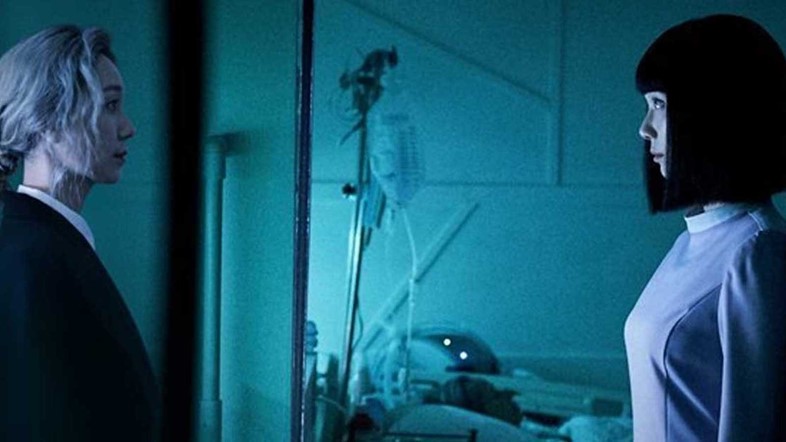
New work from auteur Hong Sang-soo, who won the Silver Bear for Best Director at the 2020 Berlin Film Festival for The Woman Who Ran, will also be screened at LEAFF. Introduction, a monochrome drama focusing on encounters between characters in Berlin and Seoul, finds Sang-soo taking up the role of director, cinematographer, writer, editor and composer in an elliptical human drama.
Elsewhere, Woman of Fire – an audacious 1971 crime drama from Kim Ki-young – is notable for being the debut feature of 2021’s Academy Award winner Youn Yuh-jung (Minari). A wider retrospective of the actress’ work will take place in London in November, courtesy of the London Korean Film Festival (LKFF).
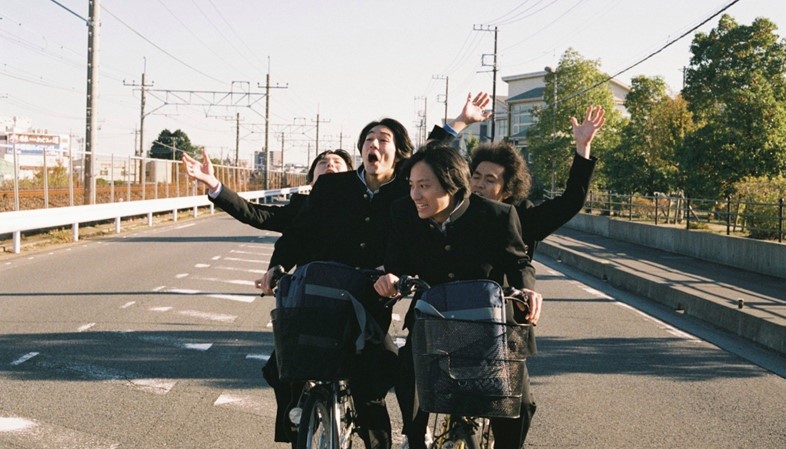
Japan
Ryûsuke Hamaguchi’s Drive My Car – an adaption of the Haruki Murakami novel of the same name – will go on wide release in the UK in November, following two sold-out premiere screenings at the BFI London Film Festival this month. Elsewhere, LEAFF will also showcase some remarkable features from Japan.
Receiving its UK premiere at LEAFF on October 22 is Takuya Uchiyama’s critically acclaimed youth drama Sasaki In My Mind, which concerns a struggling actor as he reflects on his friendship with a larger-than-life schoolfriend. At the same festival, quirky comedy omnibus film Zokki boasts an impressive cast including Ryûhei Matsuda (star of queer samurai drama Gohatto, and a series of compelling dramas from director Toshiaki Toyoda) and veteran cult film star Jun Kunimura (Audition; Kill Bill). The pair meet on-screen in a tale about a quiet loner who accidentally attends an old fisherman’s birthday party; it’s one of five surreal stories that eventually tie together at the climax.
